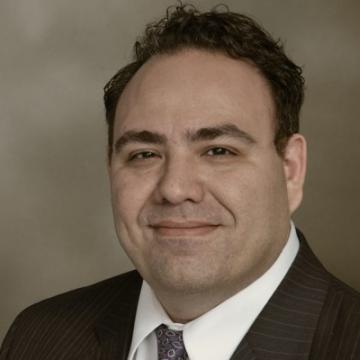Proper venue is determined by the Pennsylvania Rules of Civil Procedure. For corporations, the rules dictate that litigation can only be commenced in the county where the cause of action arose; the county where the corporation has its principal place of business; and the county where the corporation regularly conducts business. It is the latter of the three that has generated a significant body of case law, a majority of which involve cases originally filed in Philadelphia County.
In determining whether a corporation regularly conducts business in the forum, courts look to the quality of the contacts with the venue and quantity of those contacts. With respect to quantity, the Pennsylvania Supreme Court has indicated in the past that generating just 1% of the corporation’s revenue in the subject venue is sufficient to establish that it regularly conducts business there. A recent Pennsylvania Superior Court decision appears to signal that the 1% rule is becoming the bright line rule.
On October 21, 2011, the Superior Court issued an opinion in the matter Schultz v. MMI Products, Inc., affirming the trial court’s decision to transfer a case to another venue. In that case, the plaintiff filed a complaint in Philadelphia County alleging injury from a construction site accident in Lehigh County. Defendant Modern Pre-Cast filed preliminary objections arguing that Philadelphia County was not a proper venue under the Rules of Civil Procedure since the company did not regularly conduct business in Philadelphia County.
The Honorable Gary F. Divito agreed, and the Superior Court affirmed. Judge Divito relied upon the fact that Modern Pre-Cast had no office in Philadelphia County and owned no property in the venue. The trial court cited an affidavit provided by Modern Pre-Cast, which documented the minimal revenue generated from business in Philadelphia County. For the three years preceding the injury—2008 through 2010—the revenue generated from Philadelphia County amounted to 0.8%, 0.8%, and 1.3%, respectively, of the company’s gross revenue. Judge Divito stated “Under the standard in Purcell, such a tiny fraction of business can simply not meet the quality business conduct as barely 1% of profits or less cannot be considered ‘necessary to its existence,’ since it constitutes such a miniscule amount.”
What It Means to You
Transfer on these grounds requires an understanding of the client’s business, especially its contacts with the subject forum. In many instances, it requires time to go over every aspect of a client’s business to determine the facts that will support the argument that it does not regularly conduct business within a certain venue. It is important to gather all the necessary information before filing preliminary objections in order to determine whether success is likely. While this process may be time consuming, change in venue will, in most situations, significantly impact case value.
